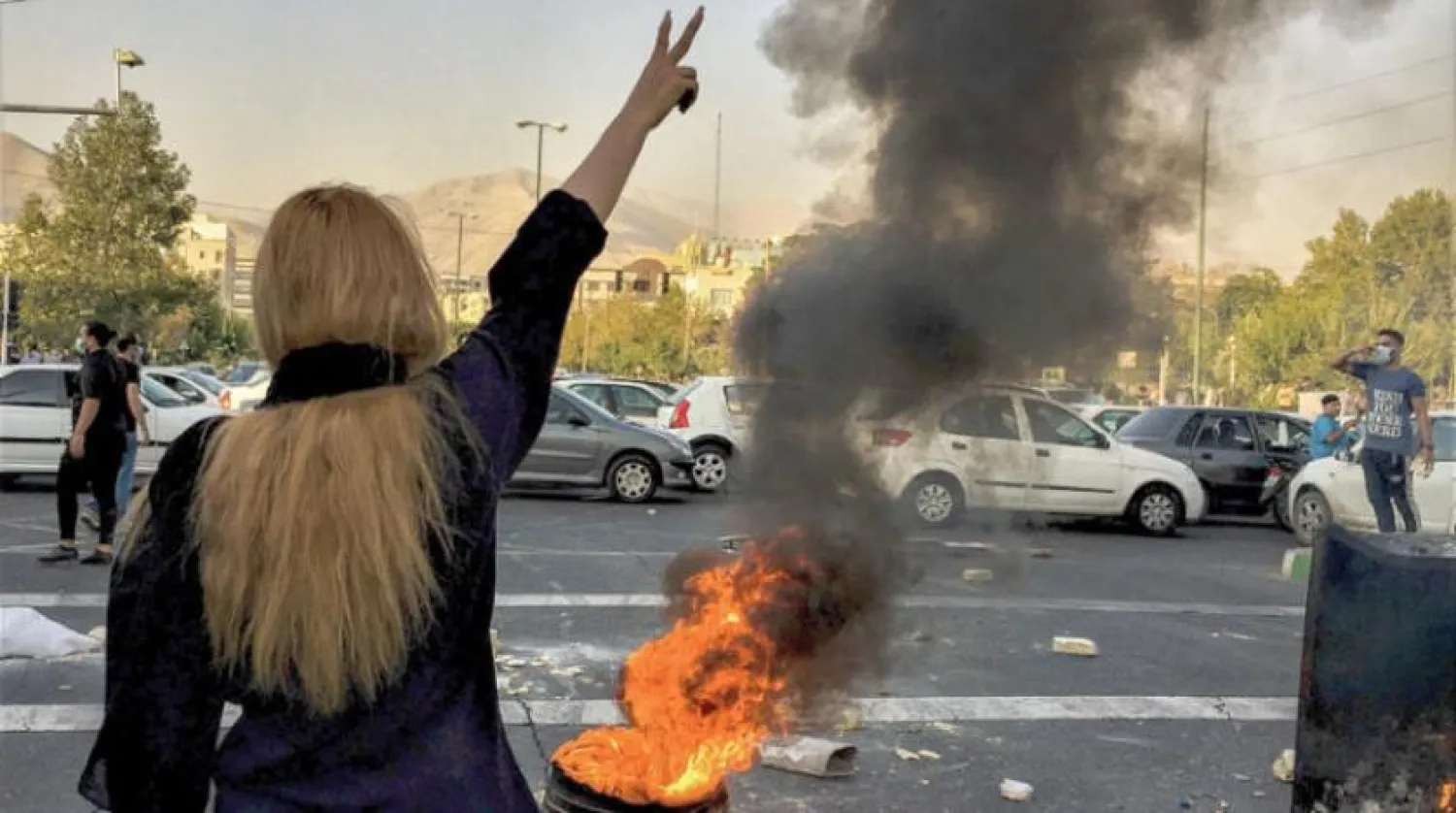Iran’s Supreme Leader Ali Khamenei responded for the first time on Wednesday to reports of Iranian drones being used by Russia in Ukraine.
“A few years ago, when photos of Iranian advanced missiles and drones were published, they said it was Photoshop,” said Khamenei, adding that the same parties who questioned the weapons were now looking to punish Iran for selling or giving them to others.
Speaking to a gathering of elites and top scientific talents at the Imam Khomeini Hussainia, Khamenei admitted that Iran was seeking to develop its nuclear industry but denied that it was seeking to acquire a nuclear weapon.
“We do not seek to have a nuclear weapon, but the development of the nuclear industry is important to us, and we have made good achievements in this field,” said Khamenei.
Khamenei’s speech came at a time when anti-regime protests have been sweeping Iran for the second month in a row. Demonstrators are taking to the streets against the deteriorating living conditions in Iran. They are also protesting oppression, tyranny, and the lack of freedoms.
Dozens of students protested at a university in Iran’s capital on Tuesday as a government official visited, state media reported.
On Tuesday, around 90 students gathered outside the law faculty at Tehran’s Allameh Tabatabai University, chanting “inappropriate and immoral slogans” while government spokesman Ali Bahadori-Jahromi was addressing a conference inside, state news agency IRNA said.
It did not elaborate on the reasons for the demonstration but said Bahadori-Jahromi later “appeared among the protesting students… and talked with them.”
Officials have accused the country’s “enemies,” mainly the US, of inciting “riots.”
Bahadori-Jahromi said Persian-language media outlets and platforms based outside Iran were being used to “put pressure” on Tehran.
“Countries are willing to pay from their own pockets to start Persian-language media, while they do not know Persian at all and want to put pressure on us,” IRNA quoted him as saying.









